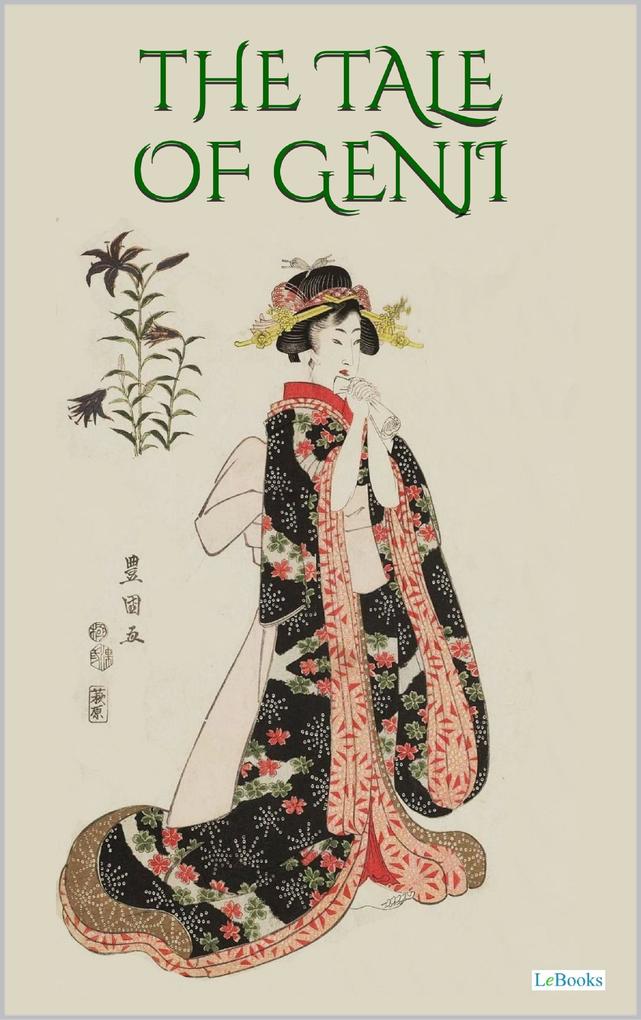
Sofort lieferbar (Download)
The Tale of Genji is a profound exploration of courtly life, social dynamics, and emotional complexities in Japan's Heian era. Written by Murasaki Shikibu, the narrative follows the life of Prince Genji and his relationships, addressing themes such as love, duty, and the fleeting nature of beauty. The novel portrays a refined and structured society where status and etiquette determine individual fates, while characters struggle between personal desires and the constraints imposed by aristocratic norms.
Since its publication in the 11th century, The Tale of Genji has been recognized as one of the first great novels in world literature. Its intricate characterization and detailed depiction of Japanese court culture have secured its place as a literary milestone. The narrative, rich in psychological depth and aesthetic sensitivity, continues to captivate generations of readers, offering a unique insight into the values and emotions of its time.
The novel's enduring relevance lies in its ability to capture the subtleties of human relationships and the inherent melancholy of life's impermanence. By exploring the intersection of desire, duty, and fate, The Tale of Genji invites readers to reflect on the ephemeral nature of love and the role of emotions in shaping identity and memory.
Since its publication in the 11th century, The Tale of Genji has been recognized as one of the first great novels in world literature. Its intricate characterization and detailed depiction of Japanese court culture have secured its place as a literary milestone. The narrative, rich in psychological depth and aesthetic sensitivity, continues to captivate generations of readers, offering a unique insight into the values and emotions of its time.
The novel's enduring relevance lies in its ability to capture the subtleties of human relationships and the inherent melancholy of life's impermanence. By exploring the intersection of desire, duty, and fate, The Tale of Genji invites readers to reflect on the ephemeral nature of love and the role of emotions in shaping identity and memory.
Mehr aus dieser Reihe
Produktdetails
Erscheinungsdatum
04. Februar 2025
Sprache
englisch
Seitenanzahl
160
Dateigröße
0,80 MB
Reihe
Women Writers of the World
Autor/Autorin
Murasaki Shikibu
Verlag/Hersteller
Kopierschutz
mit Wasserzeichen versehen
Family Sharing
Ja
Produktart
EBOOK
Dateiformat
EPUB
ISBN
9788583865872
Entdecken Sie mehr
Bewertungen
0 Bewertungen
Es wurden noch keine Bewertungen abgegeben. Schreiben Sie die erste Bewertung zu "The Tale of Genji" und helfen Sie damit anderen bei der Kaufentscheidung.

































